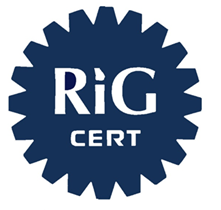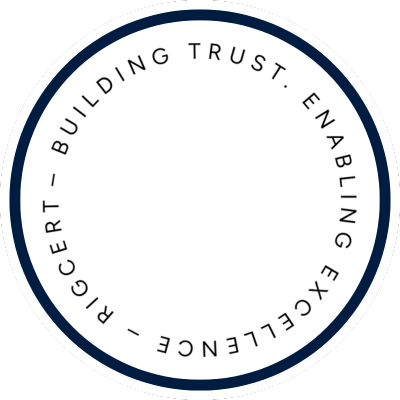
Transition to ISO 37001:2025
In February 2025, ISO published a new edition of ISO 37001, the international standard that sets out requirements for anti-bribery management systems. This 2025 edition replaces the previous version from 2016.
All existing ISO 37001 certifications must be transitioned to the new edition by February 2027.
Since the changes introduced by ISO 37001:2025 are not extensive compared to the 2016 edition, organizations are expected to adapt their anti-bribery management systems with minimal difficulty.
RIGCERT plans to begin conducting audits against the new edition of the standard starting in December 2025. Beginning January 2026, all initial certifications and recertifications will be carried out exclusively in accordance with ISO 37001:2025.
Surveillance audits conducted in 2026 will also include the transition to the new edition. Given the limited impact of the changes, no additional audit time will be required for the transition assessment.
In exceptional cases, and upon request from the certified organization, RIGCERT may still perform surveillance audits using the 2016 edition during 2026. However, a dedicated transition audit will be required before the February 2027 deadline.
Additional information about the changes introduced in ISO 37001:2025 is available here.
For further details regarding the transition process for your anti-bribery management system certification, please contact us.






